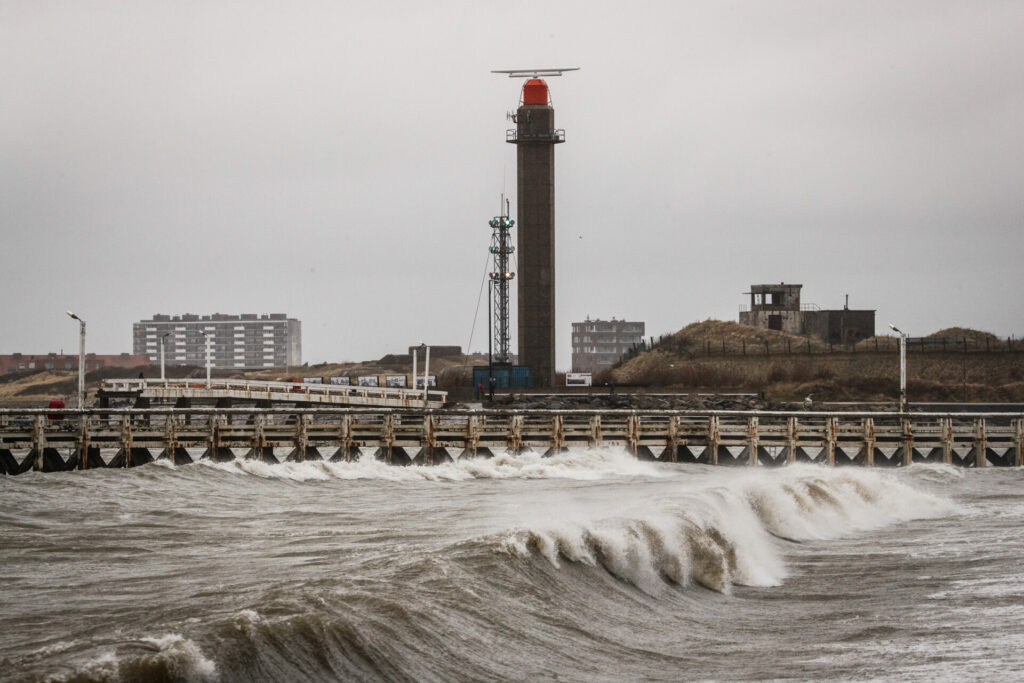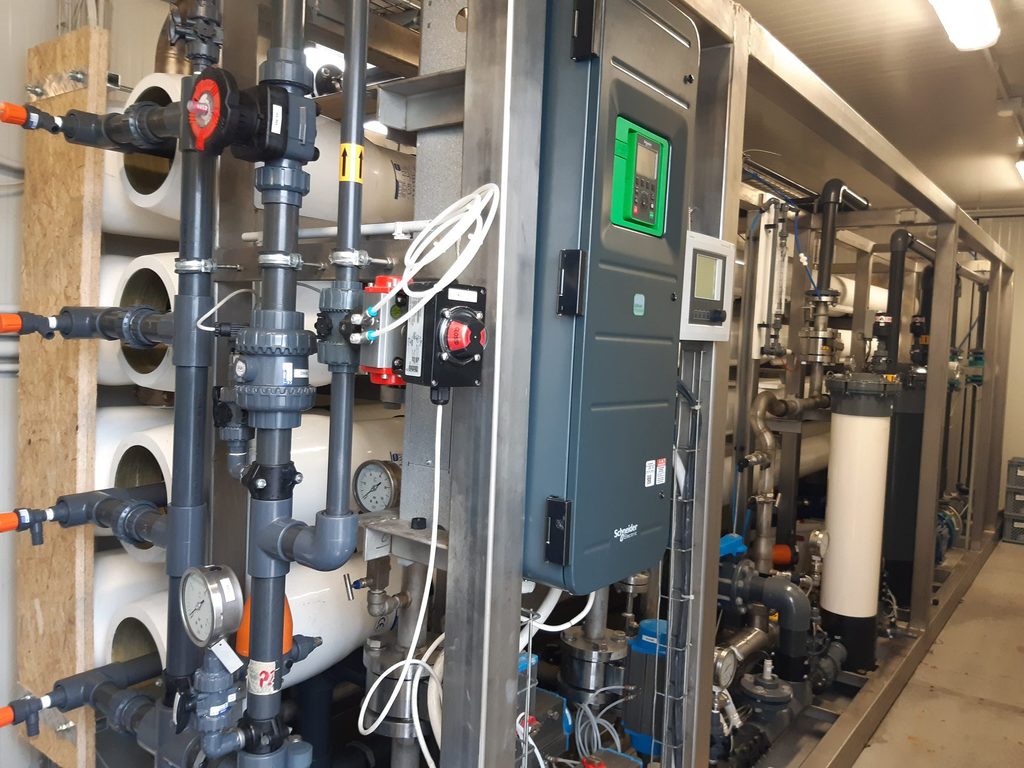In the face of growing concerns about water scarcity exacerbated by climate change, the Flanders region is embarking on innovative desalination projects to secure its water supply.
Whilst the sustainable water quota per capita has been calculated at 1000 m3 each year, residents often draw on 1500 m3 water, leading to severe water stress.
Flanders is therefore seeking solutions to its geographical limitations that include volatile groundwater levels and few reservoir dams. Importing water from Wallonia no longer suffices, prompting the government to look to less conventional alternatives. Among these, the North Sea has been highlighted as a potential source.
The desalinating saltwater alternative
There are currently 22,757 water desalination plants worldwide, a number that has increased by five-fold over the past two decades. While it's clearly not new on a global scale, saltwater desalination has started gaining traction in Belgium, as well. This innovation converts saltwater into drinkable water using advanced technology such as reverse osmosis.
In March 2020, the first Belgian desalination plant was commissioned in Ostend, to be built near the Ostend-Bruges canal by the water distributor Farys. There, 12,000 cubic metres of water are desalinated every hour. The brackish water (water with salt content between seawater and freshwater) is further treated using reverse osmosis. This process, involving high-pressure membrane filtration followed by additional purification steps, results in demineralised water.

Not only key to Belgium's economy, the North Sea could be crucial to hydrating Belgium. Credit: Belga
In a recent RTBF interview, Farys project manager Wim Jacobs said that more than forty parameters are continuously monitored to ensure the water's quality. The success of this project has led to the alleviation of water supply concerns for Ostend and Middelkerke residents, without a significant increase in their water bills.
Belgium's desalination efforts now extend beyond Ostend. Projects in Nieuwpoort and Knokke are underway, aiming to address fresh, brackish, and salty water desalination.
Environmental implications
Despite the success of desalination, its high energy consumption poses challenges. Reverse osmosis, though effective, requires substantial electricity input. It takes about 1 to 7 kilowatt hours of electricity to produce a cubic metre of drinking water. This energy-intensive process has implications for environmental sustainability, particularly when considering Belgium's energy sources.
Desalination processes also generate a byproduct known as brine, which is complicated to dispose of because of its high salt content. The release of brine into coastal waters has led to serious ecological concerns and likely increased salinity in certain regions.
Researchers are actively exploring solutions to these barriers. Experts are discussing coupling desalination plants with offshore wind farms, although intermittent wind power poses its own set of issues. Moreover, while desalination helps alleviate water scarcity, it should not overshadow the importance of efficiently managing and conserving freshwater resources.

